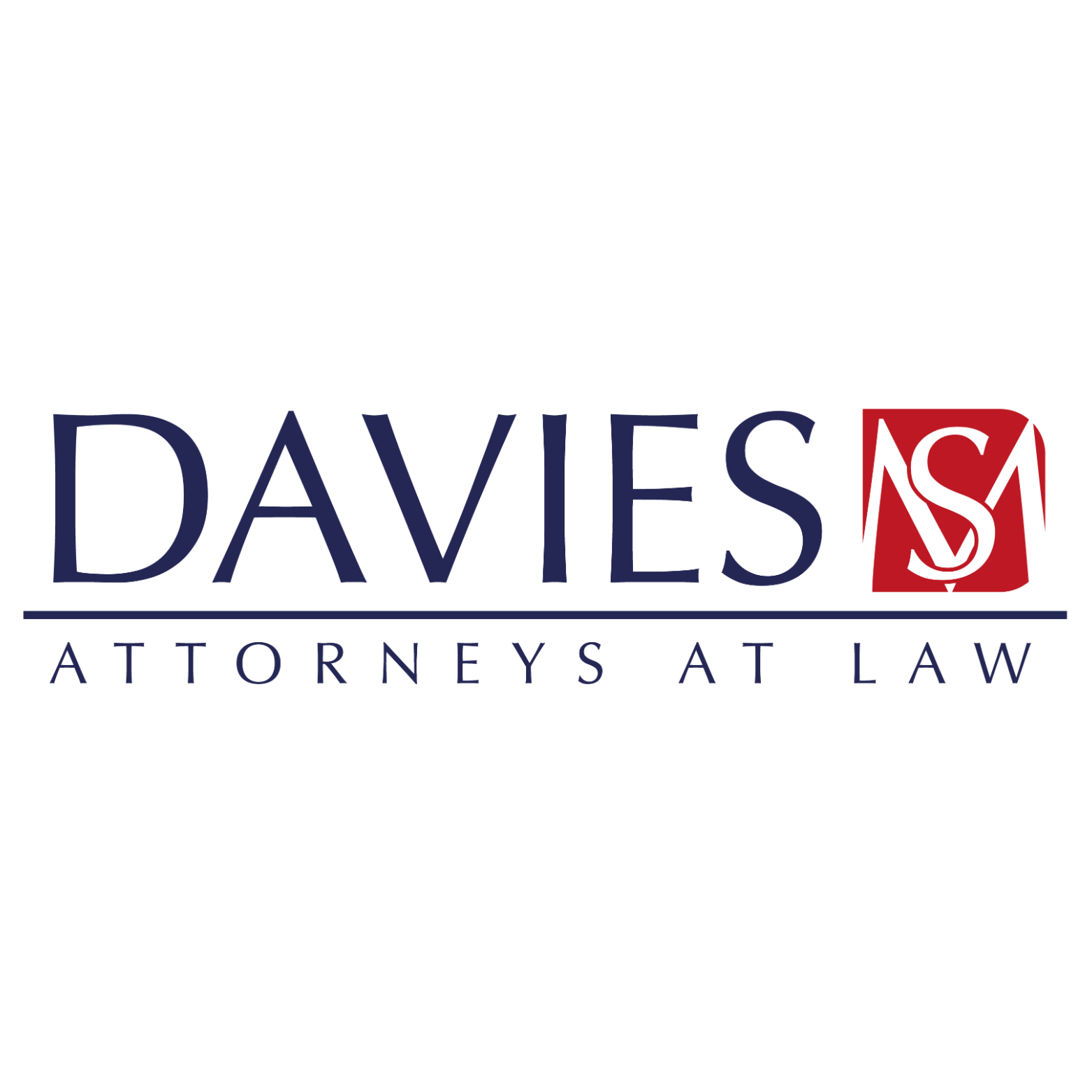In this document we will outline the tax incentive laws in Cambodia, including basic tax incentives, additional tax incentives and other tax incentive laws relevant to business and investment. This document is meant as a guide and is taken from an unofficial translation of the law. For expert advice contact the Aquarii team and we or one of our partners can answer any queries you may have on tax law in the Kingdom.
What are the basic tax Incentives in Cambodia for Qualified Investment Projects (QIPs)?
Basic tax incentives in Cambodia for QIPs in Cambodia are split into two options. These are listed as follows:
Option 1: Tax exemption period Tax on income (TOI 0%) (Source: Article 20 of the Law on Tax)
Terms and Conditions for tax incentives:
A QIP is exempted from TOI depending on the investment activities as follows:
- 9 years for group 1
- 6 years for group 2
- 3 years for group 3
Note: Group 1, 2 and 3 are set out in the list of investment activities in annex 2 of sub-decree. The exemption period start from the time of generating the first income.
2. After the tax exemption period TOI: Partial exemption (Article 28 of the LoT)
Terms and Conditions for tax incentives:
A QIP is entitled to enjoy TOI exemption at a declining rate proportionate to the total tax payable as follows:
- 75% for the first 2 years
- 50% for the subsequent 2 years
- 25% for the last 2 years
3. Prepayment of tax on income exemption (Article 24 of the LoT)
Terms and conditions of tax incentive: During tax on income exemption period
4. Minimum tax exemption
Terms and conditions of tax incentive: Obtained an independent audit report
5. Export tax exemption
Terms and conditions of tax incentive: Jurisdiction of the General Department of Customs and Excise
Option 2: Tax Incentives
1. Deduction of capital expenditure through special depreciation (Article 13 of the LoT)
Terms and conditions: As stated in the tax regulations, special deduction is equal 40% of the capital cost of new or used tangible asset used in manufacturing and processing
2. Eligibility of deducting up to 200% of specific expenses
(Article 11 of the LoT)
Terms and conditions: Deduction period from 3 to 9 years depending on the investment activities in annex 2 of sub-decree. Specific expenses included the expenditure of:
- Specific skills training to Cambodian employees
- Accounting system (IT system)
- Scholarships to Cambodian employees
- Studies, Research and Development and the hiring of foreign experts
3. Prepayment of tax on income exemption (PTOI) (Article 28 of the LoT)
Terms and conditions: PTOI exemption period depending on the investment activities in annex 2 of sub-decree as follows:
- 9 years for group 1
- 6 years for group 2
- 3 years for group 3
4. Minimum tax exemption (Article 24 of the LoT)
Terms and conditions: Obtained an independent audit report
5. Export tax exemption
Terms and conditions: Jurisdiction of the General Department of Customs and Excise
What are the additional tax incentives in Cambodia?
In addition to the basic tax incentives, QIP is eligible for the following additional tax incentives:
1. VAT exemption (VAT 0%) (Article 75 of the LoT)
Terms and conditions; For the purchase of locally-produced production inputs for the implementation of the QIP
2. 150% expense deduction (Article 11 of the LoT)
Terms and conditions: Only applicable for the following activities:
- R&D and innovation costs
- HR development costs for vocational training to Cambodian workers
- Construction costs for accommodation, canteens, food courts, nurseries, and other facilities for workers
- Costs to modernize production line machinery
- Welfare promotion costs for Cambodian workers
- Investment in or construction of treatment infrastructure
What are the tax incentives in Cambodia for for expanded QIPs?
The QIP, requesting for expansion of its investment activities shall be incentivized with the period of tax on income exemption, if the expansion of the project is carried out in any of the following forms:
- Expansion of an existing production
- Expansion through production line diversification within the same lines
- Expansion through the use of new modern technologies which enhance productivity or protect the environment
Note: Approval from the Royal Government of Cambodia must be obtained in respect of any forms of expansion. Tax incentives for expanded QIP are as follows;
1. Tax exemption period (Tax on Income)
Terms and conditions: TOI exemption from 3 to 9 years, in accordance with the investment activity of the original project depending on the investment activities in annex 2 of sub-decree.
The proportion of exempted taxable income for the expanded QIP is equivalent to the total taxable income multiplied by the rate of the QIP’s expansion capital.
2. Prepayment of tax on income exemption (Article 28 of the LoT)
For expanded QIP, PTOI shall be exempted based on the proportion of the QIP’s expansion capital rate for the period of tax on income exemption.
3- Minimum tax exemption (Article 24 of the LoT)
Obtained an independent audit report
What are the other tax incentives in Cambodia for QIPs?
These are as follows:
Title: The implementation of Advanced tax on dividend distributions (ATDD)
Terms and conditions: According to Article 23 of LoT, Instruction no. 30408 GDT (dated 14 December 2022), ATDD are not applicable for QIPs during the TOI exemption period. This includes the accumulated retained earnings derived during tax exemption before 2020
What are the tax incentives in Cambodia for garment and textile sector?
Title: The extension of the prepayment of tax on income exemption for QIP in the garment and textile industry
(garment, textile, footwear, bag & handbag and hat)
Terms and conditions: According to Prakas 002 MEF-Prk, GDT (dated 06 January 2023), QIPs that are already expired tax on income exemption period still get the exemption for prepayment of tax on income until the end of 2025.
Title: The rule and procedure for implementation of income tax and other taxes related to the activity of CMT of QIPs
(garment, textile, footwear, bag & handbag and hat)
Terms and conditions: According to Prakas 741 MEF.Prk, (dated 03 August 2018), CMT activities receive the same incentive as a QIP:
TOI: record income & expense relating to CMT services
VAT output at 0%: supply of CMT services to support the export of processed goods
Title: The implementation of VAT on supporting industry or contractor that supplies goods or services for serving export activities of the garment, textile, footwear, bag & handbag and hat industry
Terms and conditions: According to Prakas 311 MEF.Prk (dated 19 March 2014), VAT for supporting industry tax incentives are:
- 1: VAT on imports of production inputs and equipment for textiles and garment industry are state burden and VAT output is 0% on supplying goods or services for export
- 2: VAT for contractor:
VAT input: 10% and VAT output: 0% on supplying goods or services for export
What are the tax incentives in Cambodia for the agricultural sector?
Title: The implementation of VAT on importation and supplies of certain merchandises
Terms and conditions: According to Prakas 312 MEF.Prk, VAT state-burden on certain merchandises includes:
- All kinds of fertilizer
- All type of planting seeds
- Animal drug
- Animal feed
- All kind of animal breed
- All type of agricultural machinery and equipment
Title: Tax incentives for agricultural enterprises producing rice, corn, soybeans, pepper, cassava, cashew nuts and rubber for domestic supply and export
Terms and conditions: According to Prakas 252 MEF.Prk (dated 11 March 2019) and Prakas 100 MEF.Prk
(dated 29 January 2019), Agricultural enterprises are entitled to the following tax incentives:
- VAT input: local purchase of goods or services are state burden
- WHT exemption on services
- PTOI exemption
- Minimum tax exemption
These tax incentives shall be implemented start from 2019 until the year ended 2023.
Title: Tax incentives for basic daily food items
Terms and conditions: According to Prakas 009 MEF.Prk (dated 11 January 2022), VAT on certain basic food for the daily living of the people shall be allowed as a State Burden from 2022 to 2023
What are the tax incentives in Cambodia for the educational sector?
The Royal Government of Cambodia has decided to provide the tax incentives for educational institutions in Notification Letter No. 252 (dated 27 February 2023). The letter outlined that Educational institutions are exempted from all types of taxes, except for the Patent Tax, Withholding Tax on Rental, Tax on Salary and Property Tax up to the end of 2028.
What is the benefit of tax compliance certificate and how useful is it for tax incentives in Cambodia?
The benefit of tax compliance certificate comes in three tiers, Gold, Silver and Bronze, according to the Circular 007 MEF on Benefits Gained from the Evaluation of Tax Compliance (dated 04 August 2017).
These are listed below:
1. Gold status:
Tax Compliance Certificate with the valid period up to 2 years
VAT Refund for KHR 500 millions or Less are allowed before cross-checking verification is done
Comprehensive Audit is to be done once in every two years; Limited or Desk Audits are not required, unless the taxpayer requests for them.
2. Silver status:
Tax Compliance Certificate is valid for 2 years
VAT Refund for KHR 200 millions or Less are allowed before cross-checking verification is done
Comprehensive Audit is to be done once in every 2 years and Limited Audit once in every year without desk audit, unless the taxpayer requests for it.
3. Bronze status:
Tax Compliance Certificate is valid for 2 years and Follow the Tax obligations in accordance with existing Tax laws and regulations.
Where can I get more information on tax incentives in Cambodia?
For more information view our library of laws here, or visit the General Department of Taxation website.






